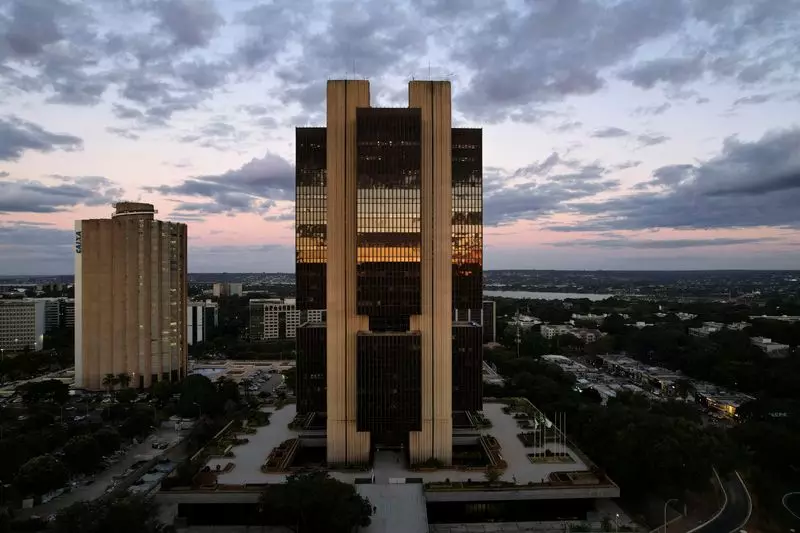Recently, Brazil’s currency, the real, has experienced significant volatility, mainly driven by political commentary and interventions from the country’s central bank. Following President Luiz Inácio Lula da Silva’s critical remarks regarding high interest rates, the real opened sharply lower against the U.S. dollar. His characterization of the existing interest rate hikes as “irresponsible” reflects a growing tension between governmental policy objectives and central bank independence. As the President hinted at potential regulatory changes, the central bank quickly moved to mitigate the currency’s depreciation, highlighting the dynamic interplay between political rhetoric and market reactions.
The Brazilian central bank deployed measures to address the currency’s declining value, including a spot dollar auction that injected significant liquidity into the market. These actions, which echo similar strategies used previously, indicate the bank’s readiness to counteract unfavorable market conditions. Now, more than ever, the bank faces a considerable challenge to maintain economic stability and manage investor confidence in a climate of political uncertainty. Despite these interventions, Brazil’s currency has plummeted by nearly 20% this year, making it one of the worst-performing currencies among emerging markets. This downward trajectory sparks concerns about the delicate balance between fiscal health and currency stability, compelling stakeholders to closely monitor future monetary policy.
Lula’s critique of high interest rates brings to light a critical economic debate: the efficacy of monetary policy in the face of inflation. With inflation reportedly hovering around 4%, there are conflicting viewpoints about the appropriateness of interest rates above 12%. While Lula asserts that the existing rate is unjustifiable, the central bank’s recent actions suggest an acknowledgment of persistent inflationary pressures that have contributed to the unfavorable economic climate. Despite a recent 100-basis-point increase aimed at accelerating monetary tightening, the central bank’s efforts seem to fall short of reassuring investors as inflation forecasts remain elevated. This divergence highlights the complexity of balancing growth with inflation control, an issue that has become increasingly contentious in Brazil’s political and economic discourse.
Lula’s presidency has brought forth a wave of challenges, not only from his government’s fiscal management but also regarding the orientation of the central bank. As he prepares to appoint a new governor, Gabriel Galipolo, and strengthen his influence in the decision-making committee, the potential for a shift in monetary policy looms large. This alteration could reflect Lula’s perspective on managing high interest rates and tackling inflation. However, the implications of such a political transformation could also lead to a loss of confidence among investors who favor the existing framework of central bank autonomy that prioritizes inflation control over political influences.
The unfolding situation in Brazil is not solely a domestic affair; it resonates on a global scale, influencing investment strategies and economic projections across emerging markets. As private economists forecast a peak interest rate of 14.25% by March, the market’s reception to Lula’s planned interventions and the central bank’s alternate policies will be crucial in determining future economic stability. The commitment to returning inflation to the central bank’s 3% target operates alongside rising expectations among economists for continued deviation in fiscal policy. In this climate, the stakes are high for Brazil, with both the real and the broader economy teetering on the edge of significant change.
As Brazil navigates this turbulent financial landscape, the intertwined fates of the currency, interest rates, and political will become increasingly apparent. Lula’s administration, armed with new appointments and a clear agenda against high interest rates, is poised to challenge established monetary policies, but this comes with its own set of risks. The upcoming months will be vital in shaping the country’s economic strategies and political atmosphere, as Brazil stands at a crossroads where fiscal prudence must align with ambitious governmental reforms. The outcome of this navigation will undoubtedly serve as a pivotal moment for both the Brazilian economy and the broader emerging market landscape.


Leave a Reply